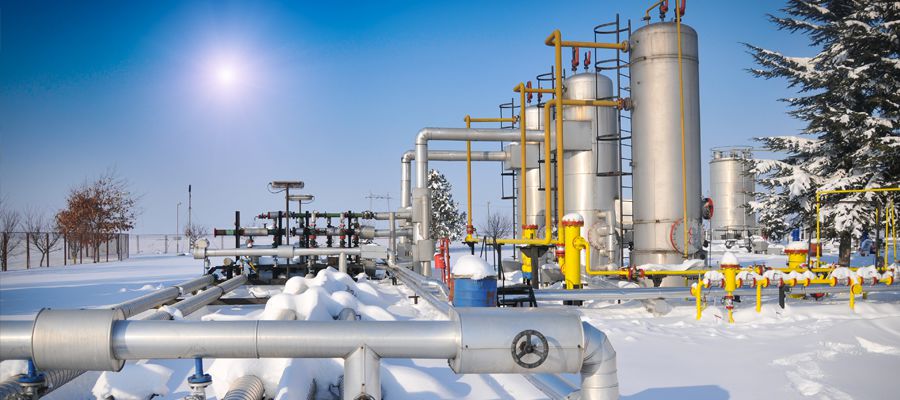Winter is Coming
- Monday, October 25, 2021
 The global shortages of natural gas have revealed the worlds continuing dependency despite the drive to renewable energy sources. The dramatic spike in energy prices have come as a bit of a surprise and shock to many. Oil has now hit US$85pb up from US$52pb in January, a rise of 63%. UK natural gas futures are US$228p/therm up from US$60p/therm in January, a rise of 380%. Coal has also risen 315% since January and has been a leading growth asset this year.
The global shortages of natural gas have revealed the worlds continuing dependency despite the drive to renewable energy sources. The dramatic spike in energy prices have come as a bit of a surprise and shock to many. Oil has now hit US$85pb up from US$52pb in January, a rise of 63%. UK natural gas futures are US$228p/therm up from US$60p/therm in January, a rise of 380%. Coal has also risen 315% since January and has been a leading growth asset this year.
The 2021 EU Emissions Trading Scheme has caused a steep rise in carbon pricing which when added to the recent spike in natural gas prices have led to huge increases in European and UK energy costs. The most obvious impact is on the domestic consumer, and a further hit to economic growth, particularly if this winter is colder than normal and that gas supplies do not improve. It is possible that for many, but not all, the additional savings households have made through lockdown will cushion the impact of rising energy costs but sectors heavily reliant upon energy will be vulnerable. Industries in the chemical, building materials, paper, glass and food manufacturing sectors may as a result see closures.
Europe has historically relied upon Russian gas imports and Liquid Natural Gas (LNG) shipments from Qatar. However, these Qatar shipments are being gazumped and heading for Asia. There are also claims that Russia is slowing gas supplies in order to pressure Europe into finalising the Nord Stream 2 gas supply pipeline from Russia directly to Germany passing under the Baltic Sea.
France is a keen to develop its nuclear power capacity through the use of small modular nuclear reactors, which are much quicker to build and commission. France wants to build a pro nuclear alliance within Europe to overcome German resistance to new rules that would classify nuclear energy as a ‘green technology’. Due to the EU Climate Change policies the cost of generating electricity from fossil fuels has increases at the time when retail gas prices have quadrupled through the course of this year. European wholesale natural gas prices have risen 380% since January.
The EU saw a strong take up in ‘green bonds’ in October, the proceeds must be spent on environmentally friendly projects and France wants that to include modular nuclear reactors. Rolls Royce leads a consortium that have small modular reactors under development and should be available from 2030. Rolls Royce sees this energy source as being able to power data centres so they are not reliant upon the grid as well as support the grid. As a further boost Rolls Royce expects to create 6000 new jobs in the regions of Britain over the next 5 years and 40,000 jobs over 15 years as the modular nuclear reactor industry grows to an expected 16 reactors over the next 20 years.
It is quite possible that a harsh winter could push the world into the grip of an energy crisis. Energy restrictions have in the past accelerated inflation and therefore portfolios may need further inflation protection measures over the months ahead. In the UK, the combination of energy price rises, labour shortages and supply chain difficulties are only going to make things more challenging.
We added JP Morgan Natural Resources fund into our portfolios at the last review, in order to access the demand for metals such as copper that play a major part in the electrification and battery technology. Commodities have historically been good at the end of a cycle when inflationary pressures grow. In purchasing this fund, we were not expecting the added returns that have come from oil, gas and coal production which has seen this fund grow 37.23% in the past 12 months but 8% alone in October. We will extend our holdings in the new Edition 36 portfolios.

Chris Davies
Chartered Financial AdviserChris is a Chartered Independent Financial Adviser and leads the investment team.
About Estate Capital
Financial Services
Our Contacts
7 Uplands Crescent,
Swansea, South Wales,
SA2 0PA.
Tel: 01792 477763
